Colibri Express autonomous store opens on motorway in Portugal, powered by Sensei retail technology
Colibri has announced the opening of the first autonomous store on one of Grupo Brisa’s highways in Portugal, under the Colibri Express banner.
Located in Colibri de Pombal, A1, towards Lisbon, this is the result of a partnership with Sensei.
José Maria Almeida Lima, General Manager at Brisa Service Areas, says: “Customers can access a wide variety of products and only three steps are needed to make the purchase: the customer opens the door with their bank card, chooses the products they want and leaves, with the possibility of receiving the invoice in digital format."
In a LinkedIn post, Sensei said: “The first ever autonomous store on a motorway in Portugal! A non-stop pit stop. With no waiting lines. Always on the move.”
“Now, if you’re on the fly like a Colibri (the fastest bird in the world, how convenient!), we make sure you have no time to waste. While Brisa takes care of the road, together with Colibri, we take care of the journey.”
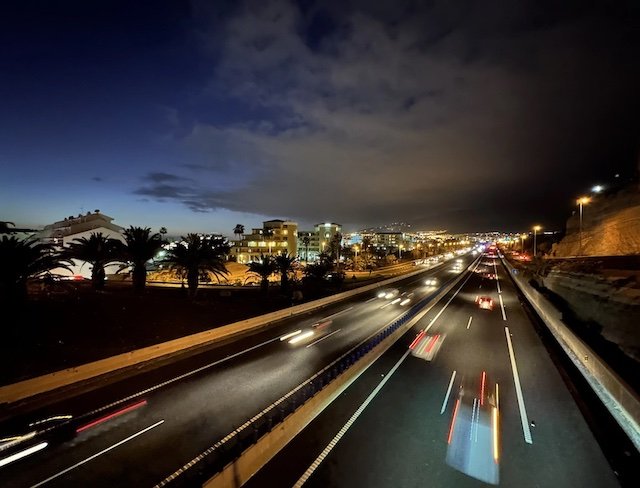
ITALIAN JOB
Sensei recently announced a deal in the Italian market with the opening of the country’s second autonomous supermarket.
Located in the historic centre of Trento, Conad’s new neighbourhood store TuDay Prendi & Vai promises a faster and more convenient shopping experience without the need to queue or scan products.
Sensei, which has autonomous stores across Europe and South America, has teamed up with the DAO cooperative that manages Conad in the provinces of Trento, Bolzano, Vicenza and Verona.
The opening came six months after the launch of a first store, located in Verona, for the same client. This has so far pulled in more than 90,000 people.
TuDay Prendi & Vai' (Grab and Go in English) allows customers to enter the store, pick up the products they want, and leave, without having to go through a checkout or wait in line to pay. There is always a member of trained staff on hand to help customers with this new shopping experience.
As with Verona, Trento boasts a series of developments designed to enhance the customer’s experience.
Along with the removal of entrance barriers to facilitate access, it offers customers the opportunity to check their shopping cart virtually, updated in real-time, before leaving the store.
At the payment terminal, after passing the cart through, customers can choose to pay by card or use the TuDay - Prendi & Vai app, instantly receiving their shopping receipt. The time lapse between the customer reaching the terminal and leaving the store is currently less than one minute.
Sensei technology also allows the store to offer an extensive product range (more than 2,000 products).
This includes products with a variable weight, such as fresh produce and bakery items, which benefit from automated communication between the weighing scales and the store’s IT system.
"The opening of a new store is always a matter of pride, but the opening of a second store is a historic moment for Sensei,” said Vasco Portugal, Co-founder and CEO at Sensei.
“This milestone marks the start of our expansion in Italy and underlines the convenience and practicality of our technology, above and beyond simple enthusiasm for technological processes.”
“We are privileged to have DAO as our partner and fellow pioneer in the expansion of autonomous supermarkets in Italy, and we thank them for their confidence in us and their collaboration in another key chapter in the history of retail in Italy. We’re looking forward to the future with great excitement.”
Sensei’s offering is based on computer vision, sensors and artificial intelligence algorithms.
It says that, in addition to significantly improving the retail experience by removing the need to scan products and streamlining the payment process, this also helps the client to better understand their customers’ shopping habits and adapt their stock accordingly.
While preserving customer anonymity, the store can identify every product removed from the shelves, creating a virtual shopping cart for each user.
While shopping, the customer is free to put the products wherever they like (a bag, a backpack or even in their pockets) or return a product to the shelf, with the system recognising the action and immediately deleting those items from the virtual cart.
At the end, on leaving the store, the customer presents their bank card or shows the QR code of the app associated with a particular payment method.



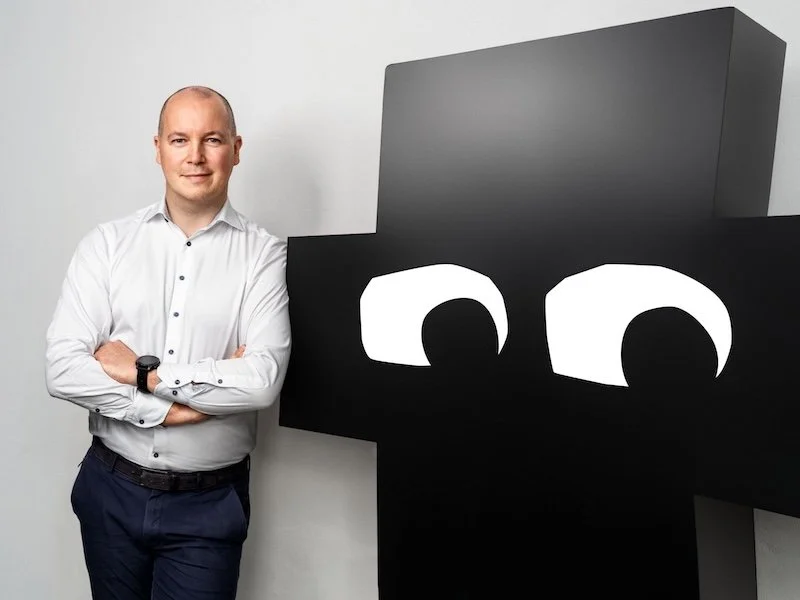

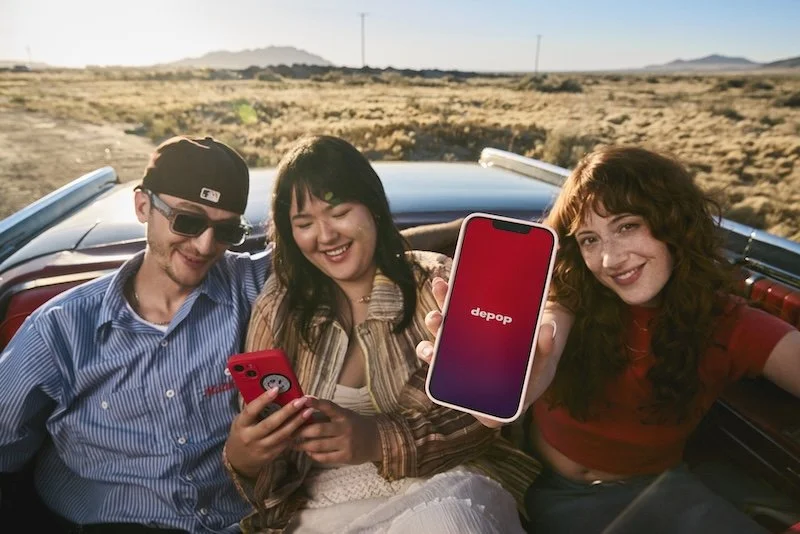
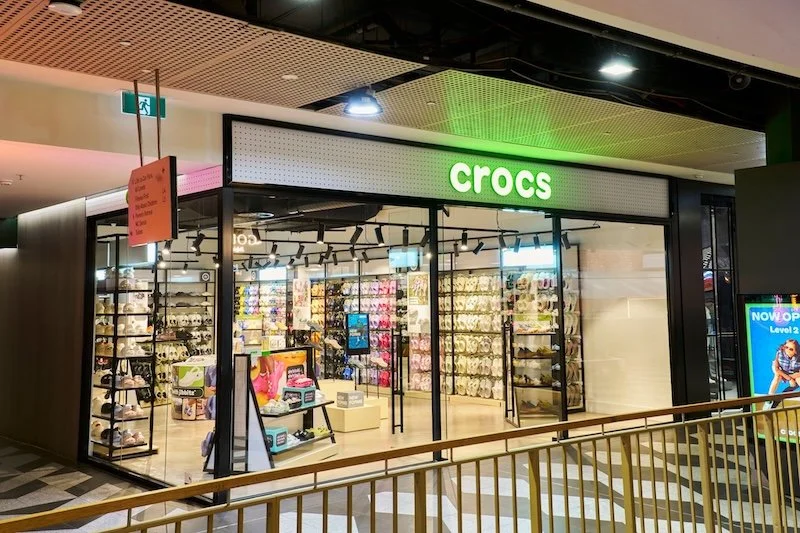
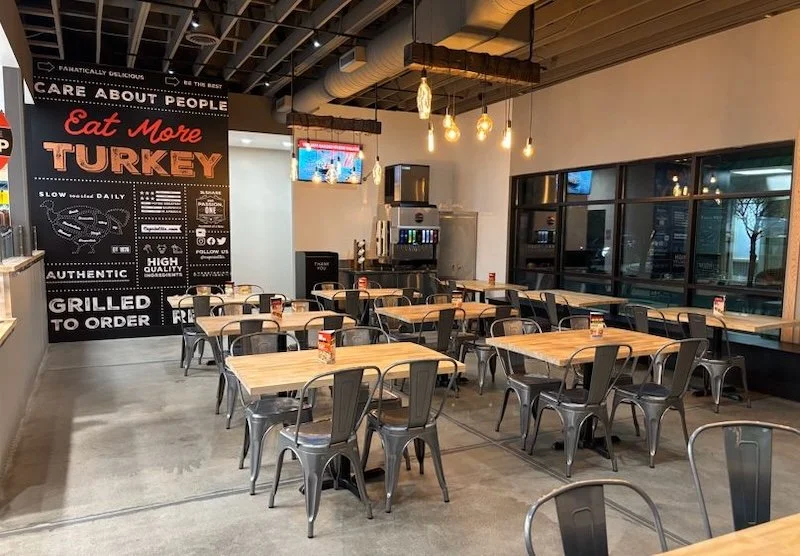
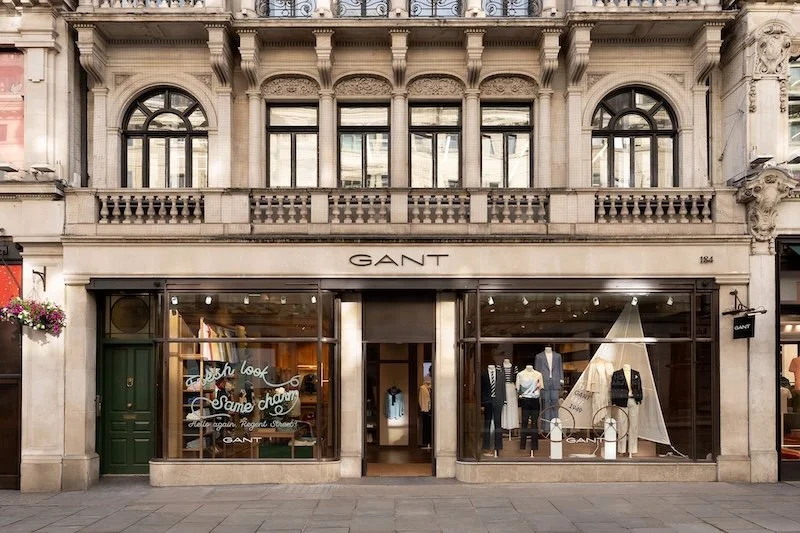
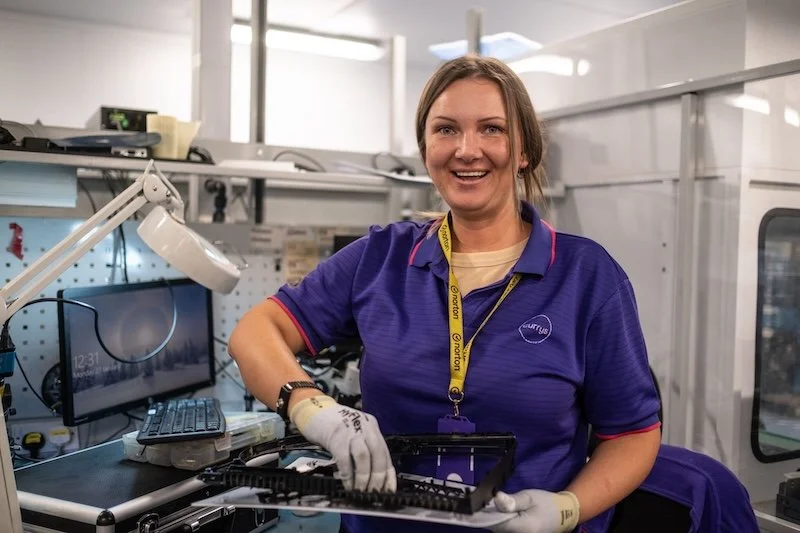
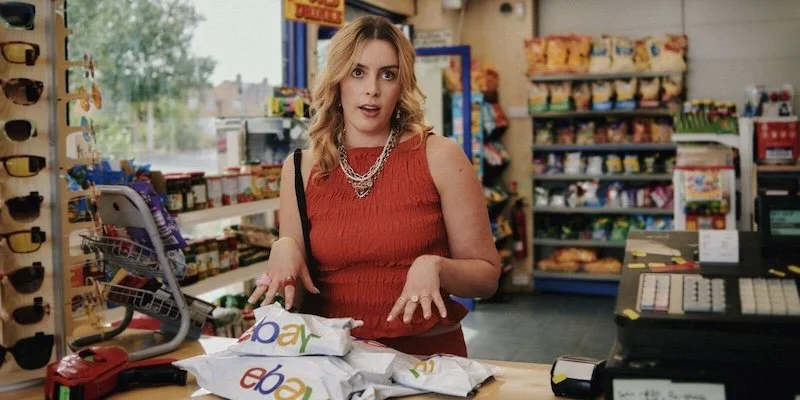
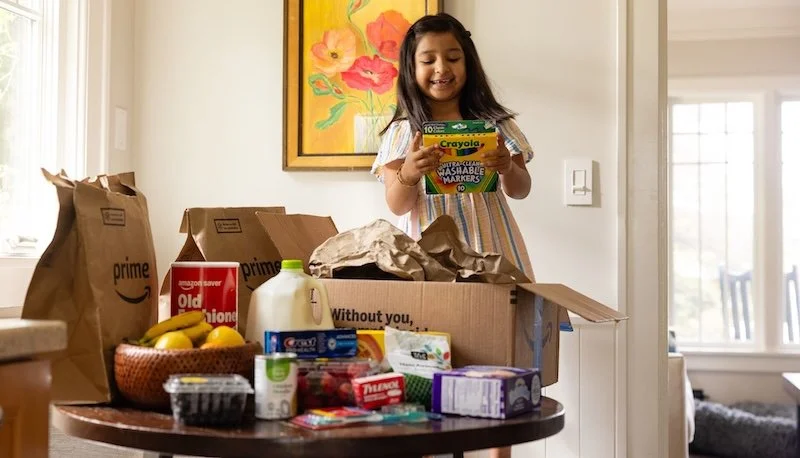

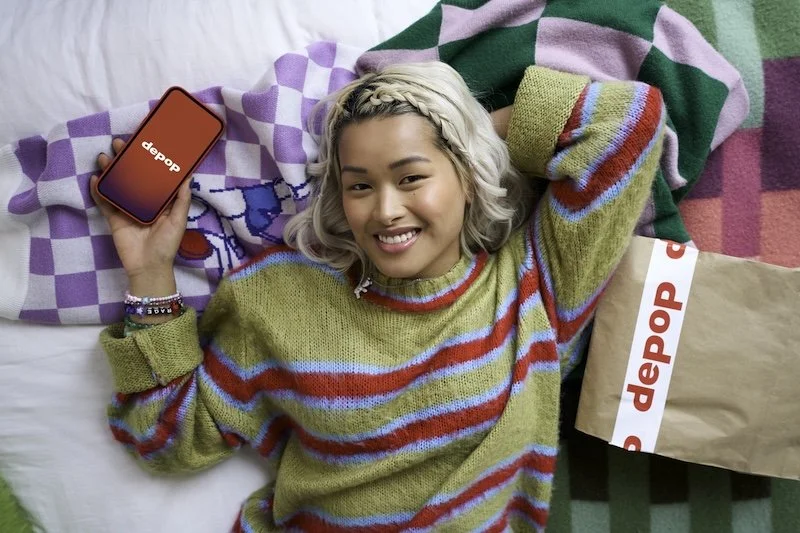
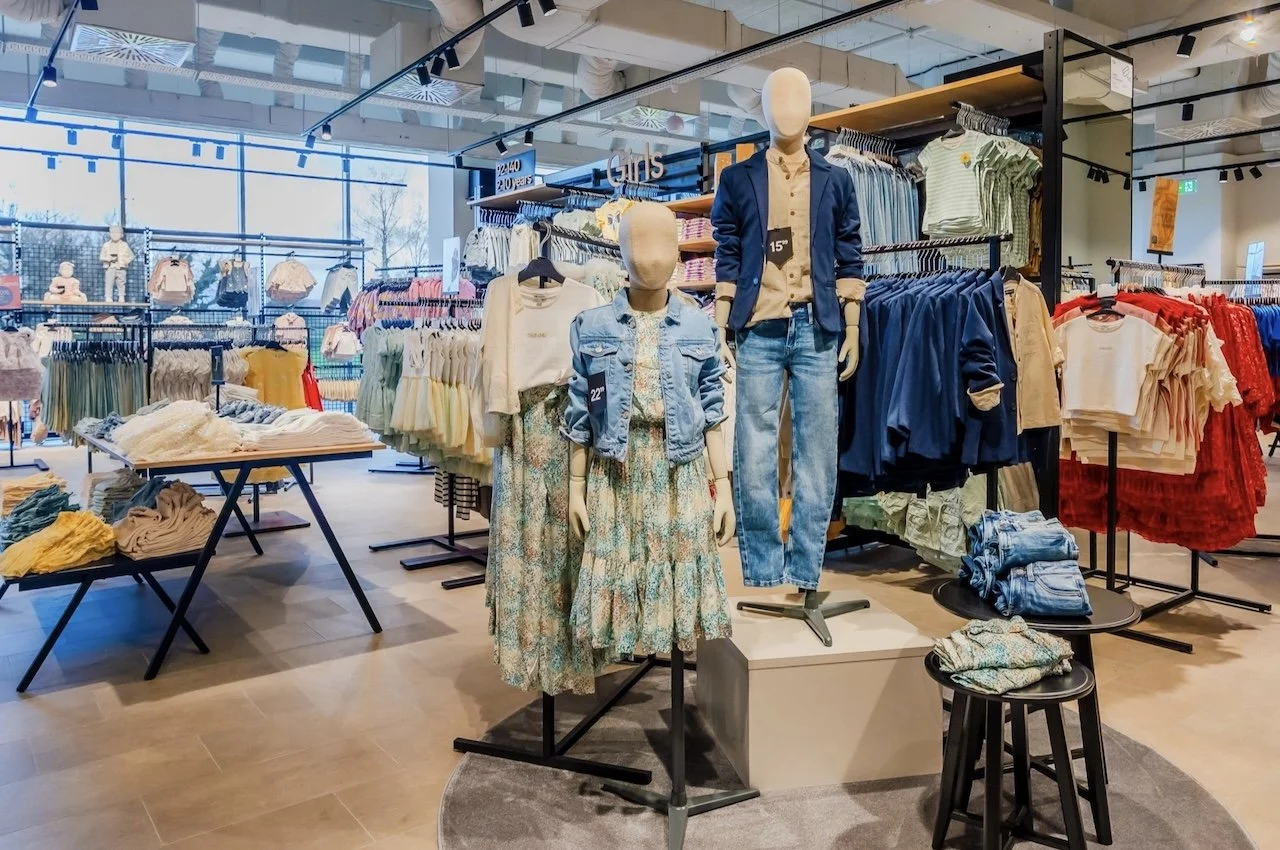
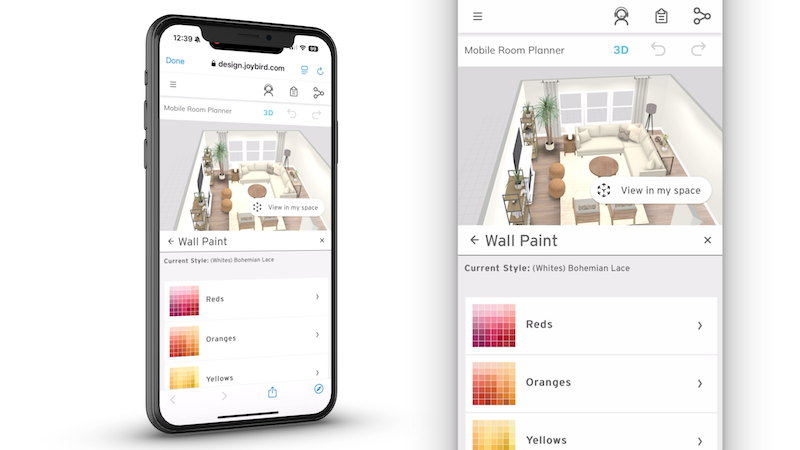

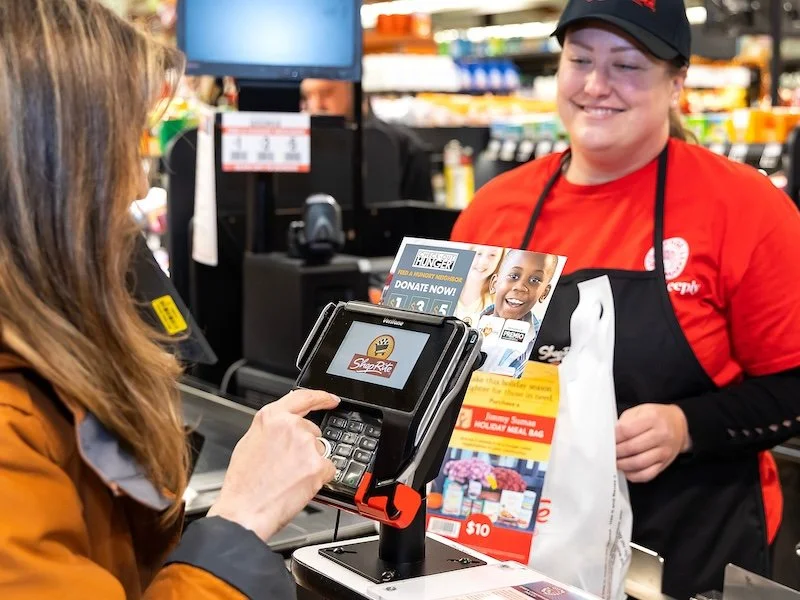
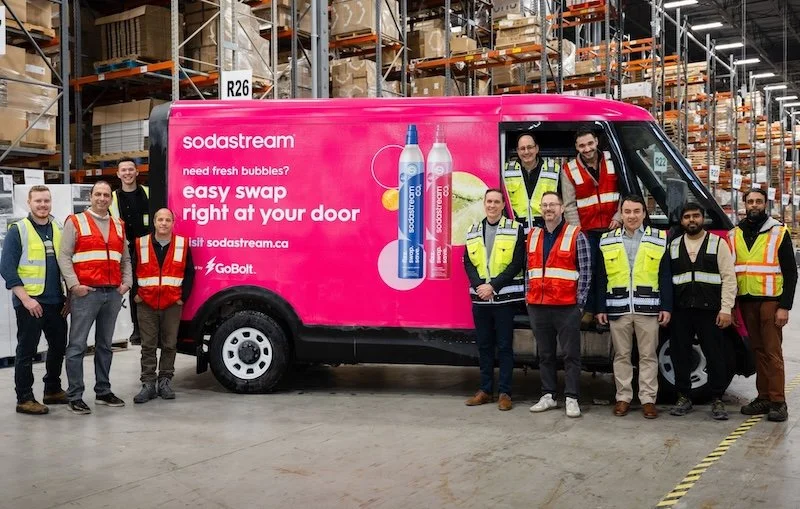

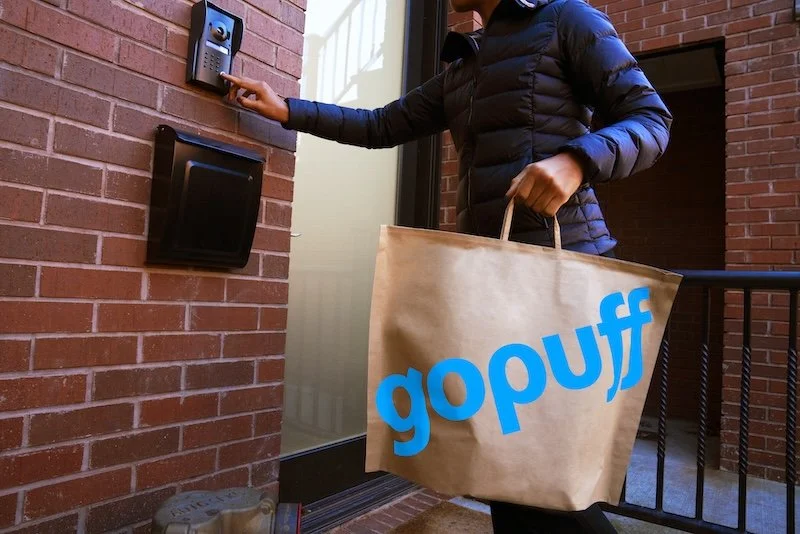

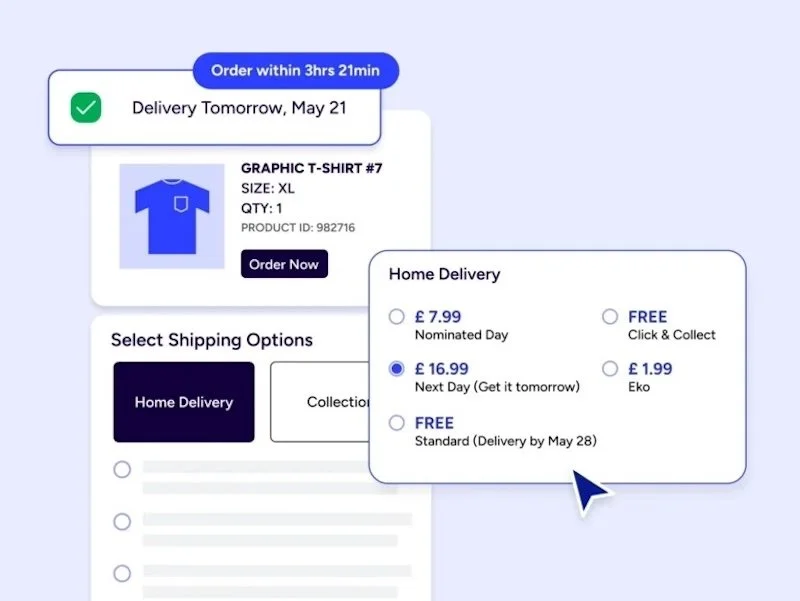
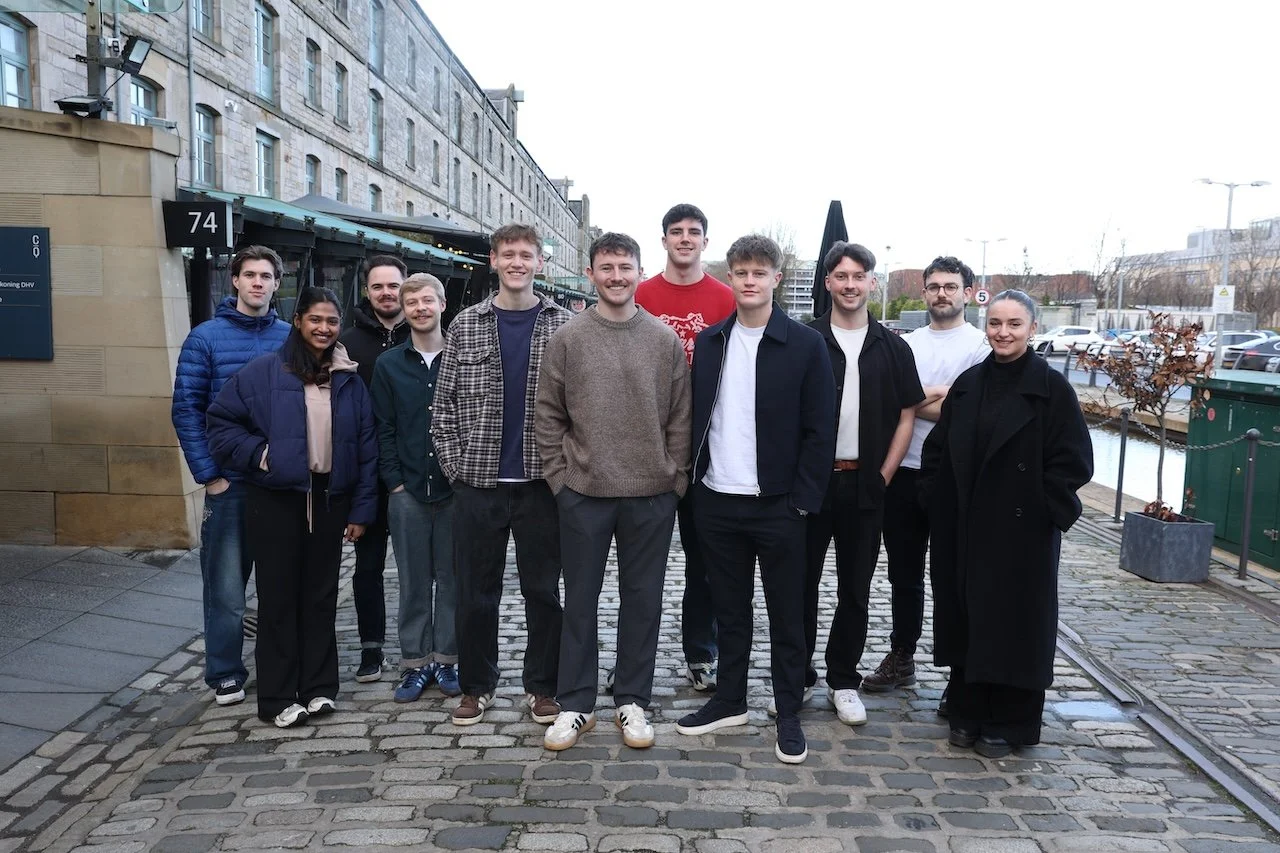





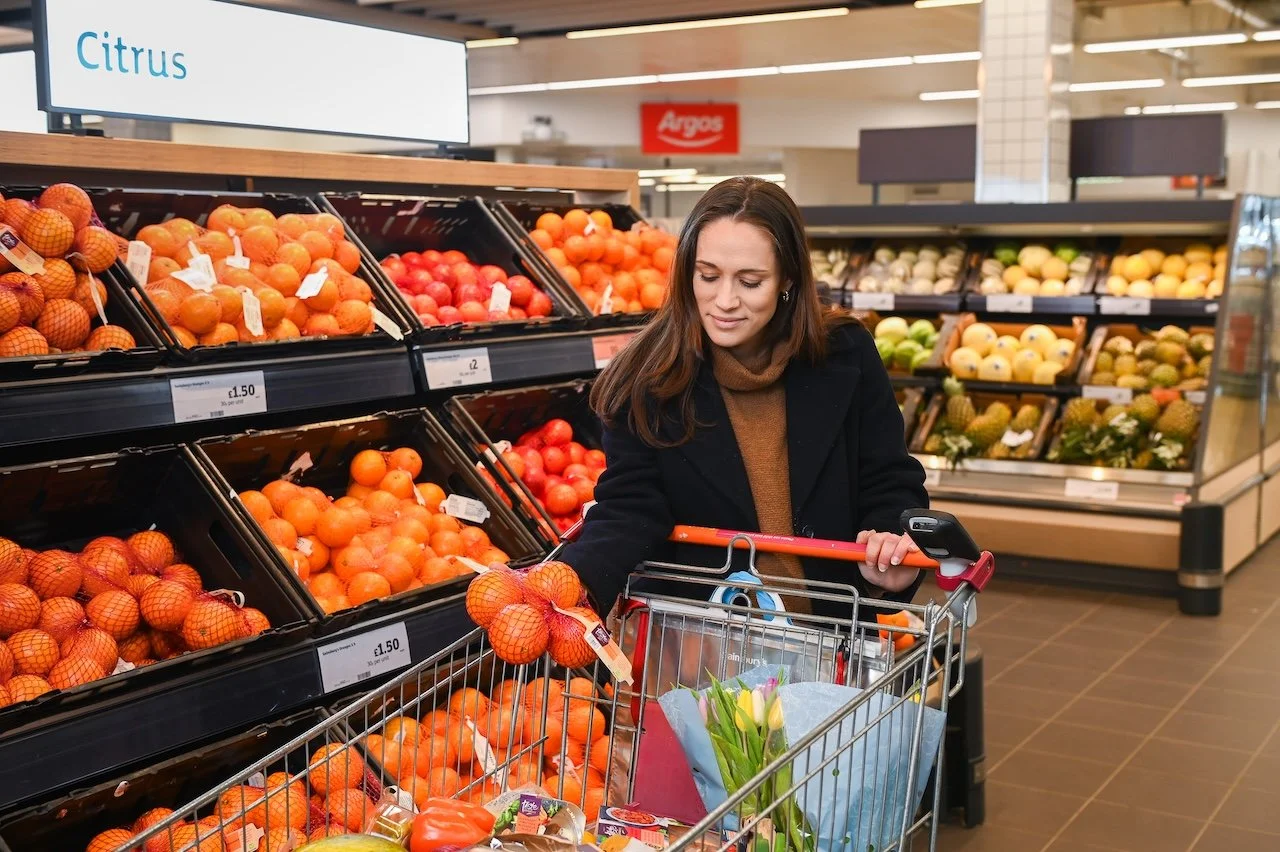
Continue reading…